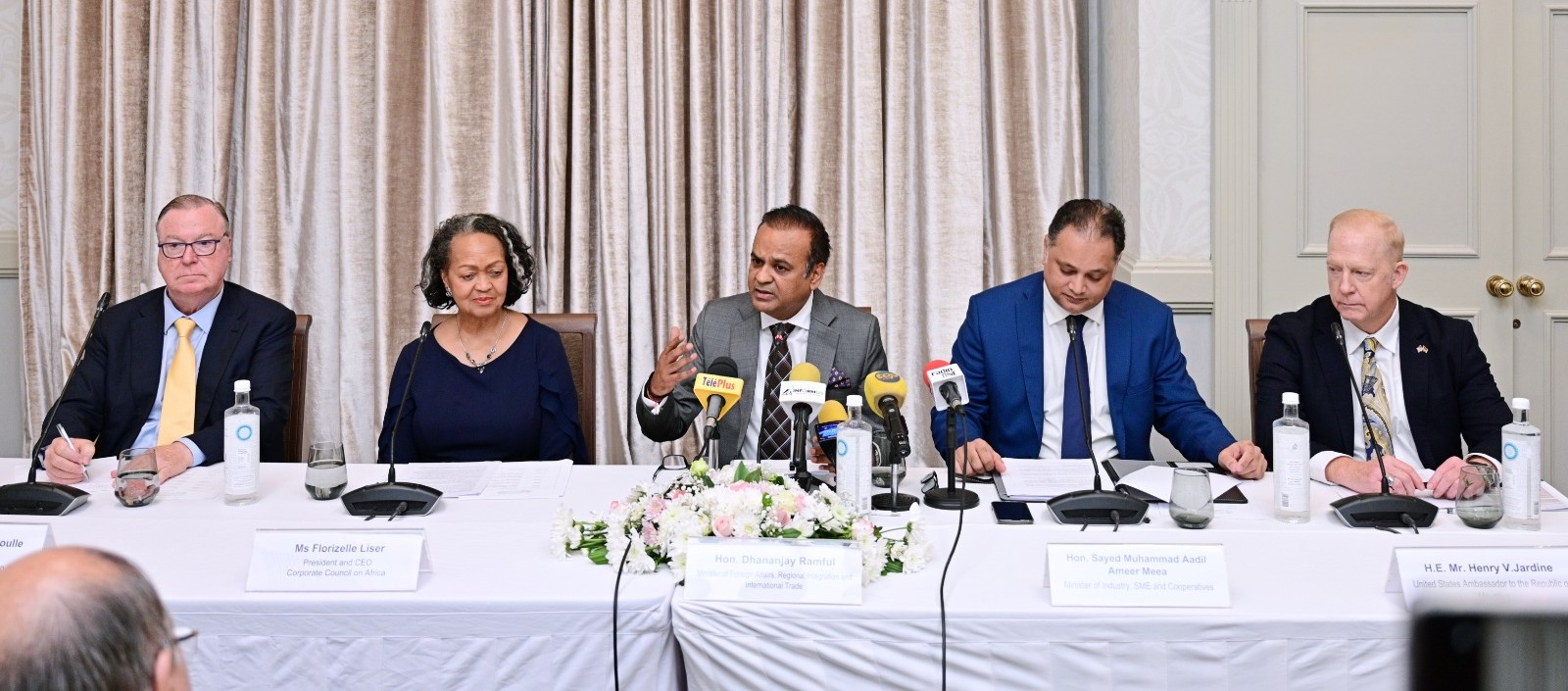Blended Finance 1.0: Putting Development Capital to Good Use
On Tuesday, July 21, 2020, Corporate Council on Africa (CCA) hosted the second session of its Africa Finance Forum webinar series entitled, Blended Finance: Catalyst for Africa’s Post COVID-19 Economic Recovery. The panel entitled Blended Finance 1.0: Putting Development Capital to Good Use was moderated by Maureen Harrington, Head, Client Coverage for Financial Institutions Group, USA Standard Bank.H.E. Papa Amadou Sarr, Minister, General Delegate for Entrepreneurship, Republic of Senegal, began the discussion by stating his commitment to growing youth and women-owned SMEs in Senegal. He is responsible for a $50 million fund seeded by the Senegalese government. Minister Sarr also discussed strategies for successful use of blended finance and cited specific ways that his office has implemented it in different sectors and transactions. On a larger scale, he gave the example of a $12 billion blended finance facility to support the transformation of cashew nut production in Senegal. Additionally, Senegal will create a $20 million loan for investment in productive sectors over the next 3 years.Michael Awori, Chief Operating Officer, Trade and Development Bank (TDB) noted that blended finance is in TDB’s DNA. TDB constantly blends capital to facilitate trade in Africa and plays a critical role in addressing trade finance shortages. Mr. Awori emphasized the need for investors to separate the perceived level of risk in implementing blended finance from the real level of risk. He argued that in the African context, the risk gets a disproportionate weight whereas the high personal and financial returns outweigh them. In order to prove this, TDB is publishing its first sustainability report.William Asiko, Managing Director, Africa Region Office, The Rockefeller Foundation, stressed the need to bring public and private sector leaders together under a blended finance model. He compared traditional methods of financing development with private sector mobilization and argued that leaders of different sectors need to learn how to speak the same language and governments need to create working models that enable investment. Mr. Asiko then discussed The Rockefeller Foundation’s Impact Investment Management platform which has attracted $350 million in commercial capital to fund agricultural and climate change related projects.Mamadou Biteye, Vice President, Social Impact for Central Europe, Middle East, and Africa (CEMEA) Region, VISA, highlighted VISA’s commitment to building digital ecosystems. The VISA Foundation and the VISA social impact teams aim to digitize 50 million small and micro businesses (SMEs) in the next 3 years. In June 2020, VISA announced its $210 million commitment to supporting SMEs worldwide over the next 5 years. VISA aims to build SME resilience post-COVID-19 and inspire others to create similar blended finance-related platforms.President and CEO of CCA, Florie Liser, closed the discussion by reiterating the significance of leveraging development capital to achieve tangible impact in Africa.



